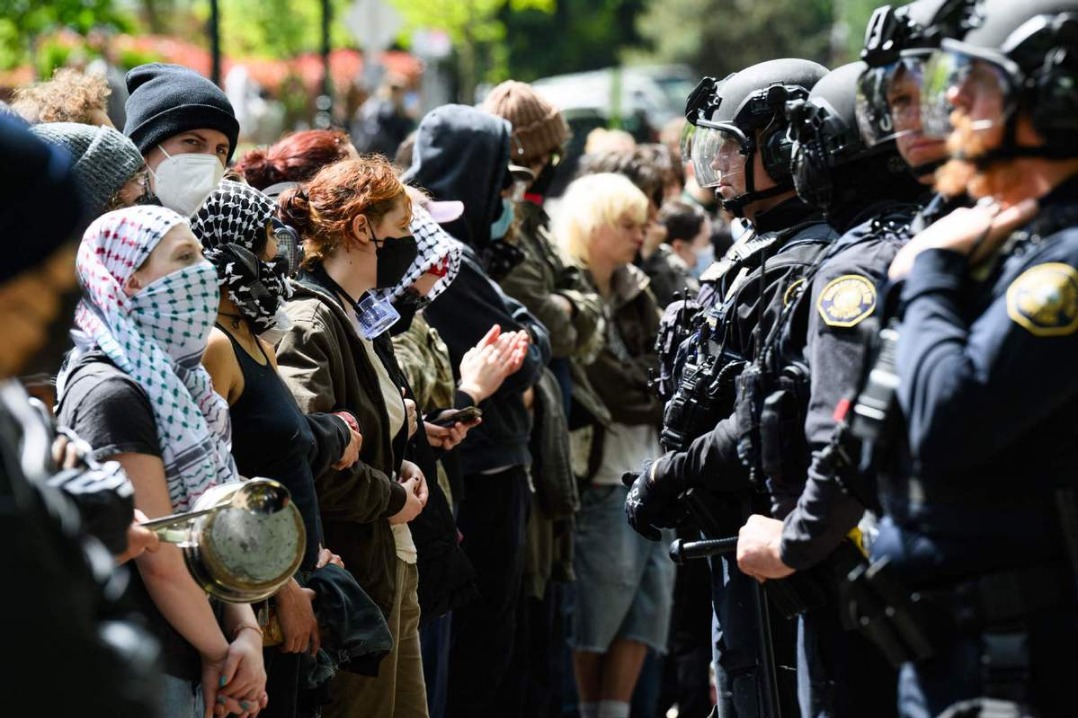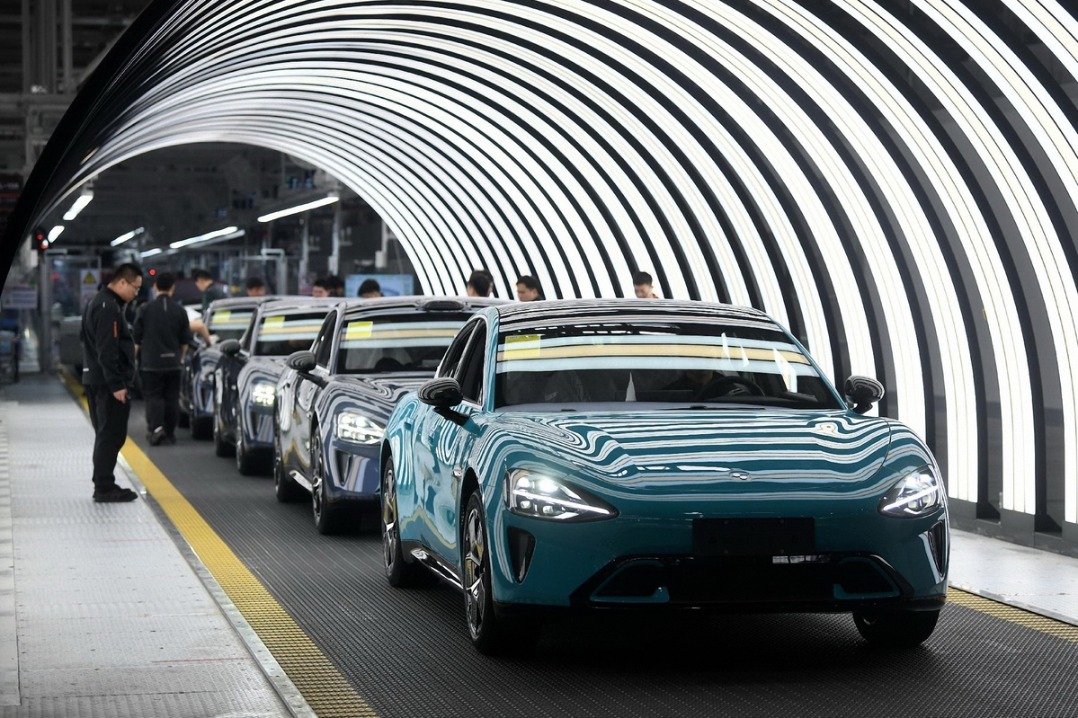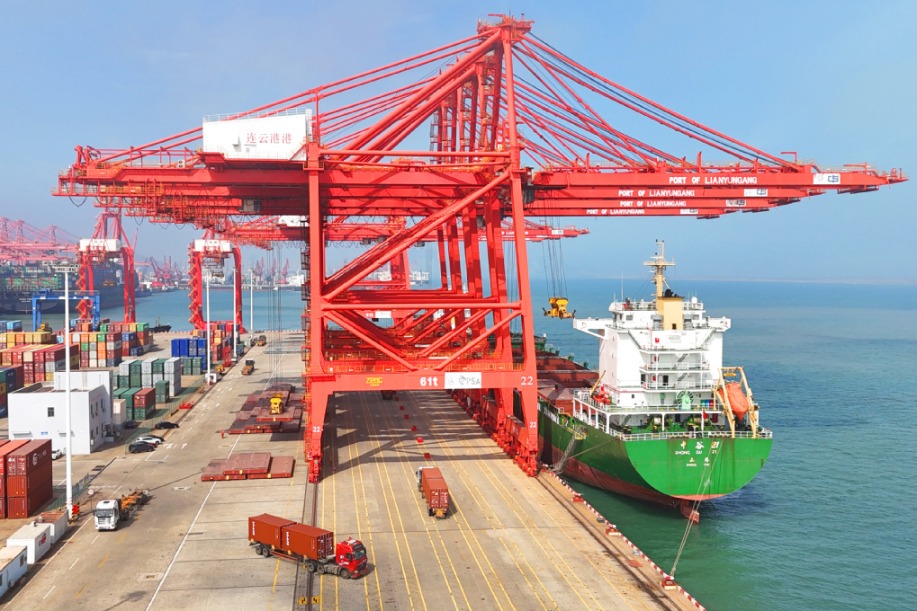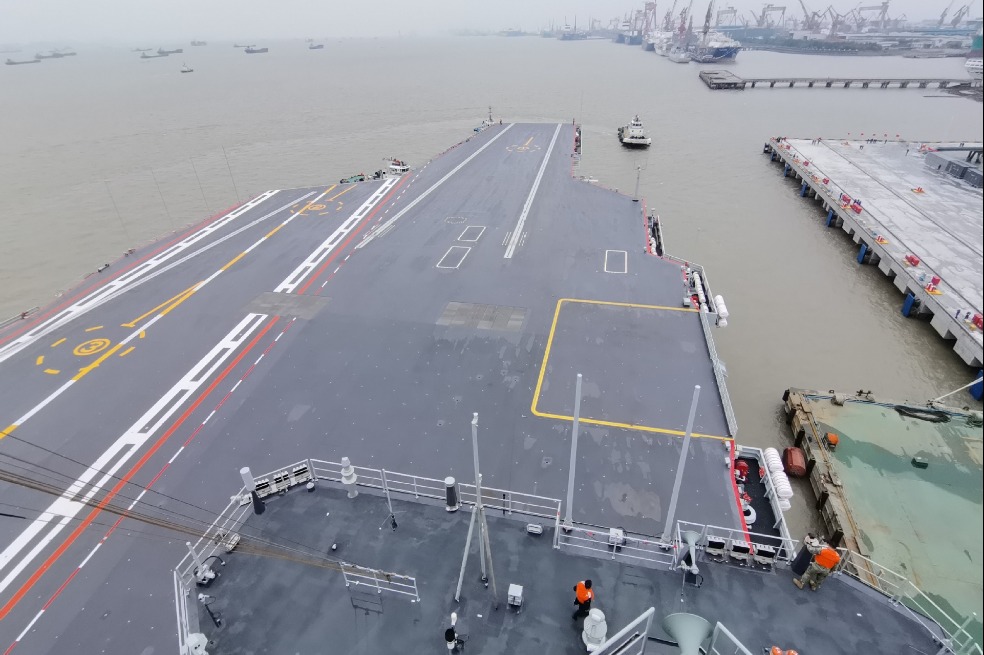In US, contact tracing seen as way to reopen economy
By LIA ZHU in San Francisco | China Daily Global | Updated: 2020-04-23 13:46
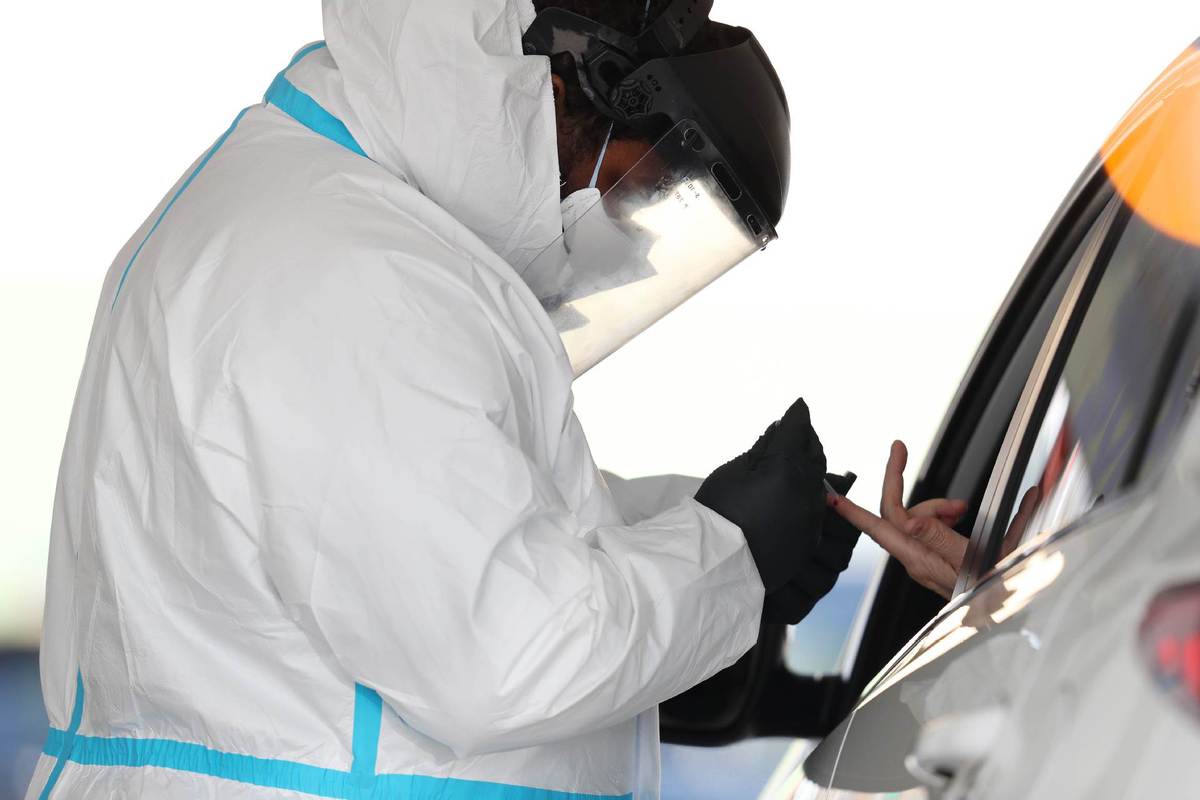
Cities and states across the United States are enlisting thousands of people to run contact-tracing programs to track COVID-19 cases to prevent a resurgence of the disease and reopen their economies.
On Wednesday, New York state, the hardest hit by the coronavirus, became the latest to announce a tracing program.
Governor Andrew Cuomo said that New York will partner with New Jersey and Connecticut to launch a tri-state tracing program with help from former New York City mayor Mike Bloomberg.
Cuomo said Bloomberg would spend $10 million of his own money to form a COVID-19 testing and contact-tracing network in conjunction with his alma mater, Johns Hopkins University.
Contact tracing identifies people who may have come into contact with an infected person, and having them tested, treated or quarantined to avoid further spread of the disease. Trained contact tracers engage with patients who test positive for COVID-19 through telephone interviews and follow up with any contacts they may have exposed with the virus.
Massachusetts has recruited nearly 1,000 people to do contact tracing. Washington state plans to have 1,500 people conducting contact tracing by mid-May.
In Utah, hundreds of public employees have volunteered to track down the close contacts of newly infected patients. North Dakota is tapping furloughed healthcare workers and members of its National Guard to track the disease.
"It is going to require a lot of attention, a lot of insight, a lot of experience and a lot of resources," Cuomo said.
"This entire operation has never been done before. So, it's intimidating," Cuomo said. "But I say, 'So what?' Who cares that you've never done it. That's really irrelevant. It's what we have to do now, so figure out how to do it."
Earlier Wednesday, New York City Mayor Bill de Blasio announced a similar plan to trace all individuals who came in close contact with a person who tested positive.
He said the goal of the plan, called "Test and Trace", is to move the city from the widespread transmission stage to the low-level transmission stage, which would allow for far less social distancing.
Before a vaccine is widely available, public health experts say pervasive contact tracing is critical — but nationwide, the size of the workforce now doing it lags far behind the scale required.
The National Association of State and Territorial Health Organizations estimates that the country may need to hire as many as 100,000 such "disease intervention specialists" at a cost of $3.6 billion.
The number could be between 100,000 and 300,000 "if we as a nation are able to effectively hold the epidemic at bay", said Mike Reid, an assistant professor of medicine and infectious diseases at the University of California, San Francisco (UCSF), who is coordinating that city's contact-tracing program.
San Francisco, though relatively lightly hit by the coronavirus, has trained more than 50 people for contact tracing, including librarians, city attorney's staff and UCSF medical students. The city said the measure is critical to maintaining any gains due to the current social distancing efforts, so it can avoid being hit hard in a second wave.
To help states trace the coronavirus, the Centers for Disease Control and Prevention (CDC) is funding 650 health workers at state health departments to supplement the more than 600 CDC staff already in place, according to an NPR report Tuesday.
Some tech companies have stepped in to help with the contact-tracing efforts. Google and Apple have recently teamed up to build software into smartphones that would enable users to track infected people they come into contact with.
The two companies said they would release the tool within several months. People would opt in to use it, and voluntarily report if they became infected.
But using geolocation data captured by smartphones for public health purposes raised privacy concerns.
Several members of Congress wrote a letter to President Donald Trump and Vice-President Mike Pence last month urging them to protect people's privacy.
"Location and health data are some of the most private types of information about any individual ... information about who is receiving testing could be used in discriminatory ways by government agencies (e.g., denying benefits) or companies (e.g., increasing insurance rates) based on whether someone is suspected to have COVID-19," they wrote in the letter.
Besides privacy concerns, UCSF's Reid said he is also worried that smartphone apps may fail to offer the message of social responsibility at a population level and that technology can't replace the role of human contact in the pandemic.
Contact tracing has helped China, an early epicenter of the pandemic, to contain the spread of the virus. Zhang Wenhong, head of Shanghai's COVID-19 clinical expert team, said many people, including himself, were surprised that Shanghai, a city of about 24.28 million residents, had only 400 cases from COVID-19.
Early and massive detection and tracing of every close contact is the "secret", he said during a recent webinar hosted by Asia Society Southern California.
"Shanghai's experience is (that) all close contacts of the diagnosed patients were traced, tested and quarantined for 14 days, which is very important," said Zhang.
He also said the city alone has more than 2,500 staff from China's Center for Disease Control and Prevention to do the work of tracing, which is a "unique" advantage for the country.





